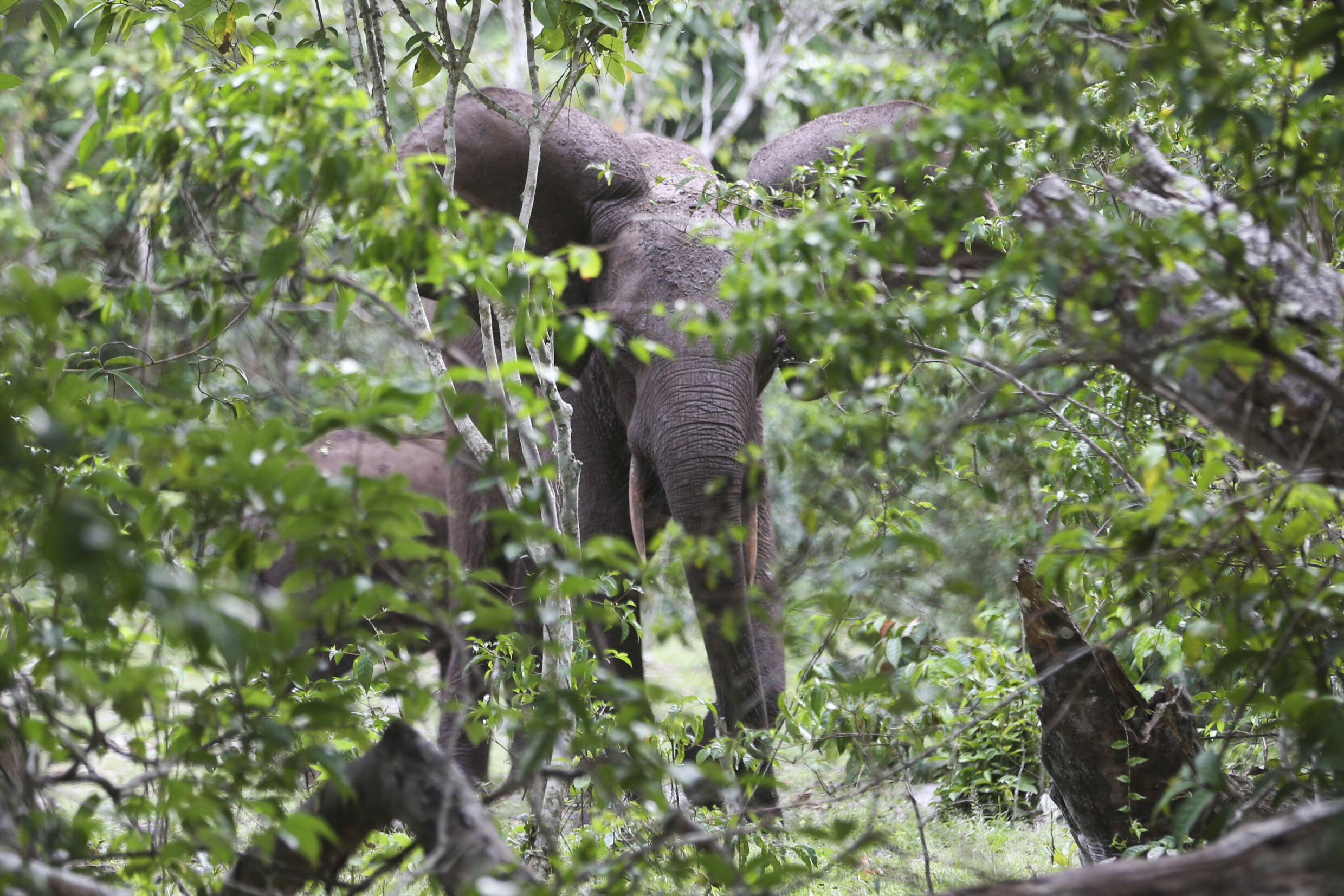Gabon seeks global support to manage forest Elephant crisis amid rising human-wildlife conflicts

The Gabonese government has called for international assistance to manage its forest elephant population, which has reached an estimated 95,000—one of the largest in the world.
While the elephants are critical to the biodiversity of Gabon’s vast forests, which cover 88% of the country, their increasing encroachment on human settlements has led to mounting tensions between conservation goals and local livelihoods.
In rural communities like Bakoussou, frustration runs high.
“The solution to these elephants is to kill them,” says Kévin Balondoboka, voicing the sentiment of villagers whose crops have been trampled and livelihoods disrupted.
Others, like Viviane Métolo, question their future: “Now that farming benefits elephants instead of us, what will become of our children?”
A Double-Edged Conservation Effort
Gabon has earned a reputation as a “refuge for forest elephants,” thanks to strict conservation policies.
However, the animals—classified as critically endangered by the IUCN—are increasingly seen as a nuisance by rural populations.
“With 95,000 elephants and just two million people, the challenge is real,” acknowledges Aimé Serge Mibambani Ndimba, a senior official at the Ministry of the Environment, Climate, and Human-Wildlife Conflict.
Efforts to mitigate the conflict include experimenting with non-lethal electric fences to deter elephants.
Yet the animals continue to leave their forest habitats, driven by climate change, habitat loss, and poaching.
“The changing environment disrupts their food sources, while human activity encroaches on their natural range,” explains Dr. Léa Larissa Moukagni of the National Agency for National Parks (ANPN).
Shifting Political Stance
In a significant departure from the previous administration’s conservation-first policies, Gabon’s transitional president, General Brice Oligui Nguema, has taken a populist stance.
“I authorize you to kill these elephants… I am a humanist,” he declared in December 2023, drawing applause.
While his comments were framed as supporting self-defense, conservationists stress that such actions must comply with legal protocols.
The killing of elephants is permitted under strict conditions of self-defense, requiring formal reporting and the surrender of ivory, which is state property.
Nonetheless, critics argue that the bureaucratic process is impractical for rural communities.
“How can we file a complaint against an elephant?” scoffs Marc Ngondet, a village leader.
A Call for Global Support
Gabon’s elephants, dubbed “gardeners of the forest,” play a vital role in maintaining the health of Congo Basin ecosystems, which serve as a critical carbon sink second only to the Amazon.
Officials like Mibambani Ndimba emphasize that global collaboration is essential to balance conservation with the welfare of local populations.
“Without international aid, tensions will escalate, and elephants will pay the price,” warns Ndimba.
As Gabon grapples with this complex issue, it seeks a sustainable solution that protects both its unique biodiversity and the livelihoods of its people.
About The Author
dailymailafric
I am an avid African news observer, and an active member of Daily Mail Africa.
I’m Passionate about staying informed on diverse topics across the continent,
I actively contribute to publishing on political, economic and cultural developments in Africa.



